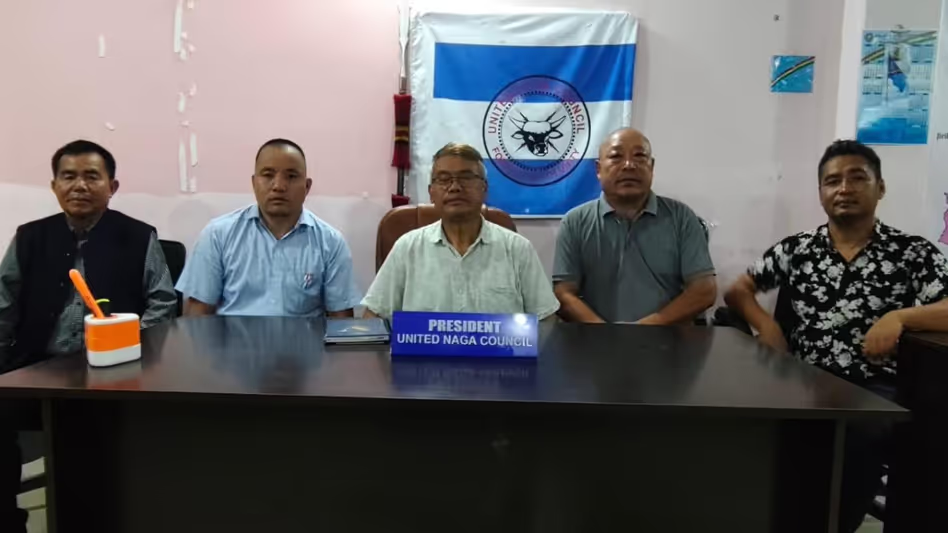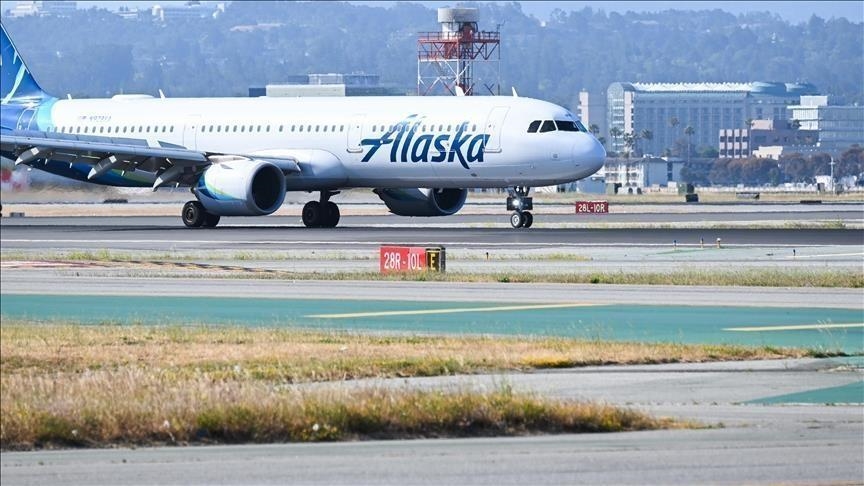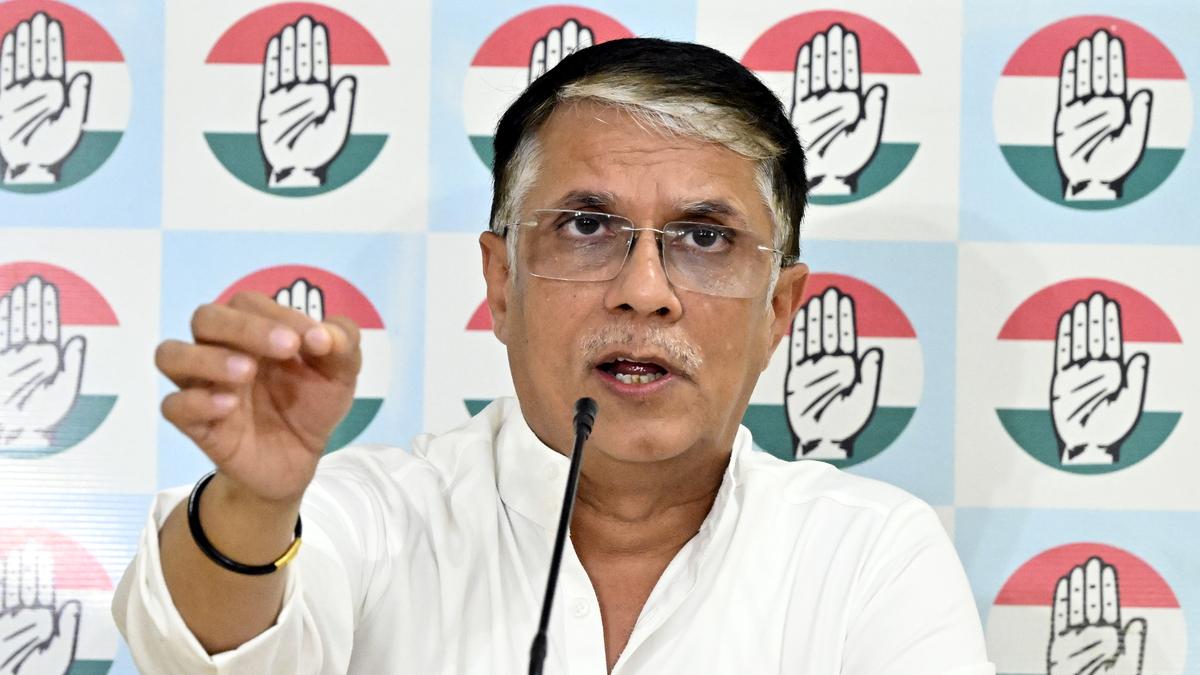Now Reading: Naga Body Launches Trade Embargo Over Border Fencing, Raises Pressure on Government
-
01
Naga Body Launches Trade Embargo Over Border Fencing, Raises Pressure on Government
Naga Body Launches Trade Embargo Over Border Fencing, Raises Pressure on Government

The United Naga Council (UNC), representing Naga-inhabited areas of Manipur, has launched a trade embargo starting midnight on September 8 as the first act of non-cooperation with the government. This move protests the scrapping of the Free Movement Regime (FMR) and the construction of the India-Myanmar border fence—steps the UNC says threaten their identity, land rights and cross-border ties.
A Breaking Point
Talks with the central government in New Delhi collapsed on August 26, prompting the UNC to escalate its response. The core issues—in their view—are not just about boundaries, but deeper: they argue the fencing would physically divide their homeland and weaken centuries-old social, cultural and familial bonds with Nagas across the border.
What the Embargo Means
From the start date, goods vehicles are barred from traversing key national highways—NH-2 and NH-37—that cut across Naga-majority districts like Senapati, Ukhrul, Tamenglong and Chandel. These routes are lifelines for essential supplies heading into Manipur, particularly via the Dimapur–Imphal corridor.
Grievances and Identity
The UNC has framed the fencing and FMR abolition as a unilateral move that disregards Naga land claims. The FMR, in place since the 1950s, allowed tribal residents to cross the border without a visa. Its phased restrictions and eventual scrapping in 2024, combined with newer fencing plans, have been seen as threats to their way of life.
Political and Human Fallout
For communities in Hill districts and smaller towns of Manipur, the embargo strikes at daily life—threatening supply chains, raising prices, and disrupting the delicate balance of trade. It also offers a test of whether dialogue or enforcement will shape the next phase of state–tribe relations.
What’s Next
The embargo is described by UNC as a peaceful, democratic form of protest—but they’ve made clear it’s only the beginning. The demand is simple: reverse FMR changes, halt fencing, and resume meaningful talks with full consent of affected communities.
The Bottom Line
This isn’t just a question of infrastructure or enforcement—it’s about identity, consent, and belonging. If the government doesn’t find a way to address these concerns, local unrest and the humanitarian cost of stalled trade could grow. For now, the embers of protest are burning—but whether they spark a broader shift depends on whether both sides return to the table with open minds.

























